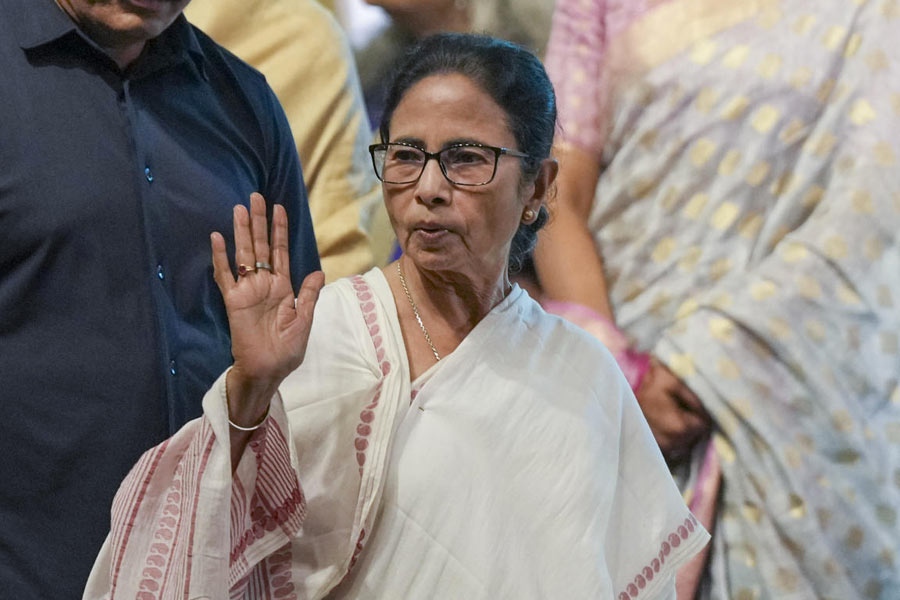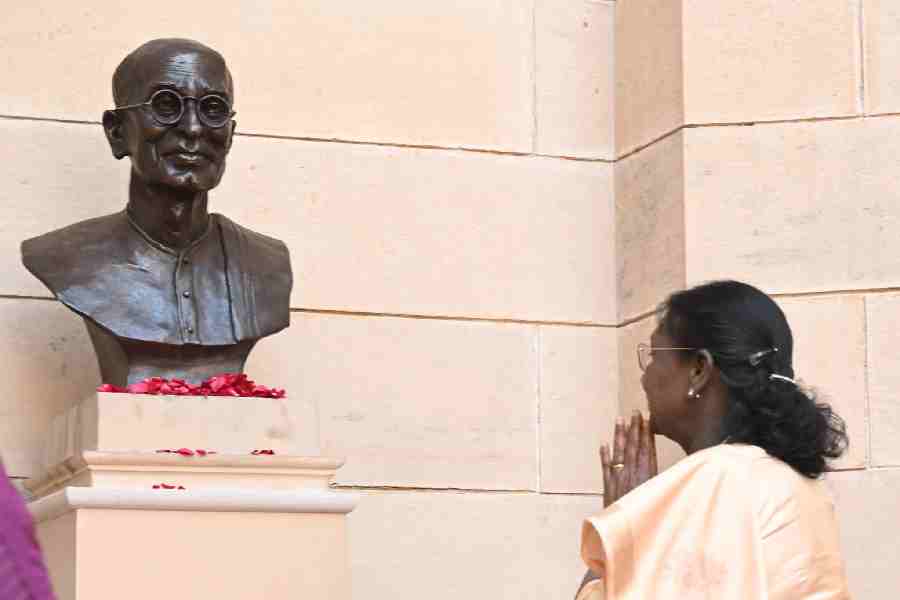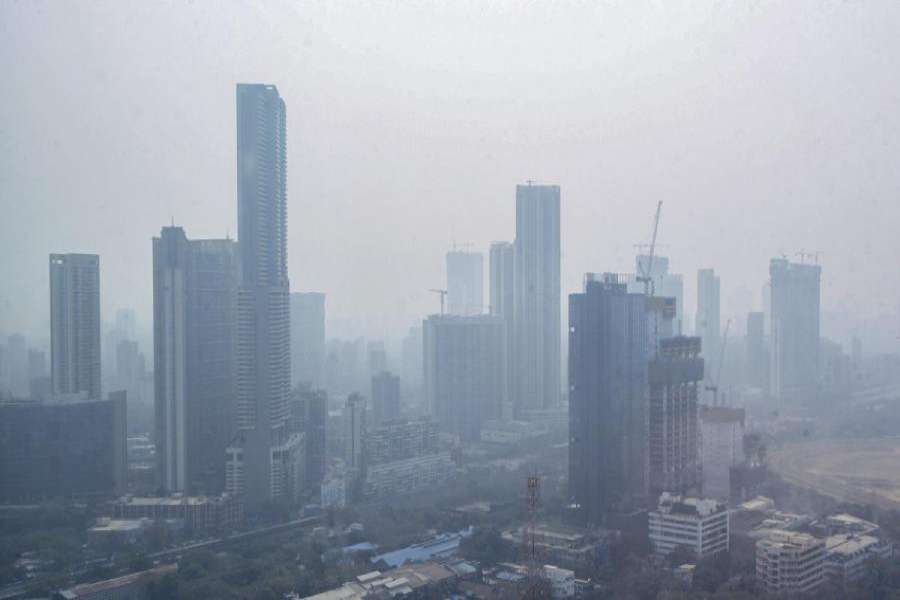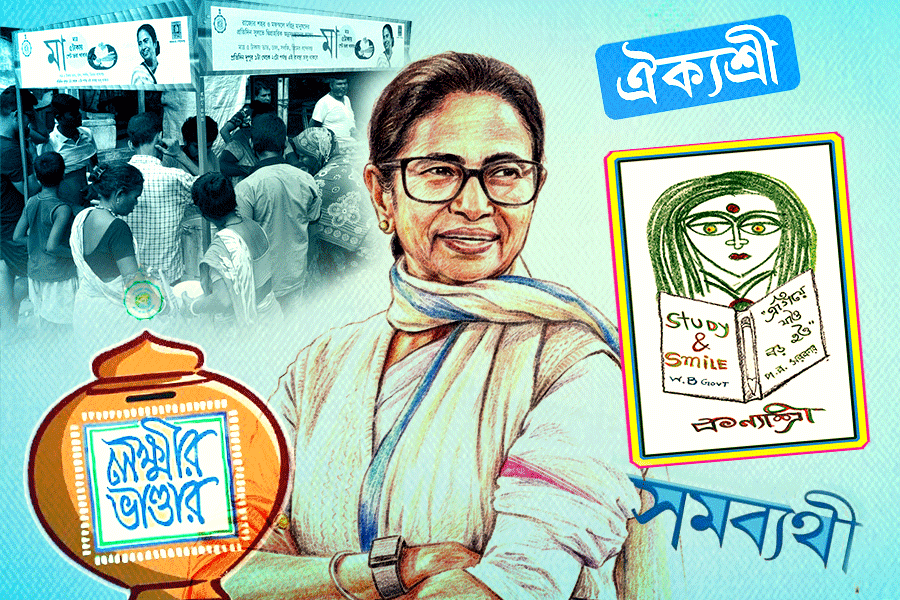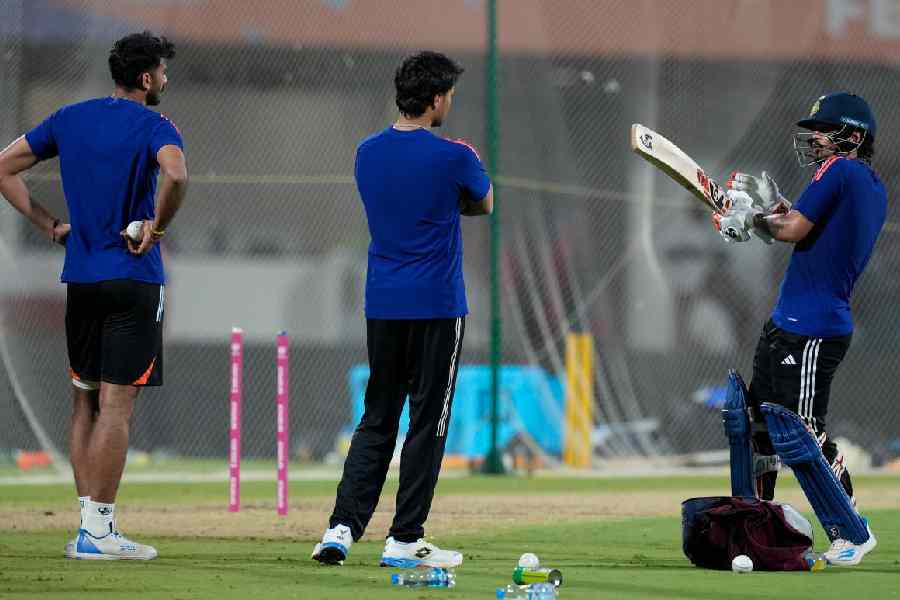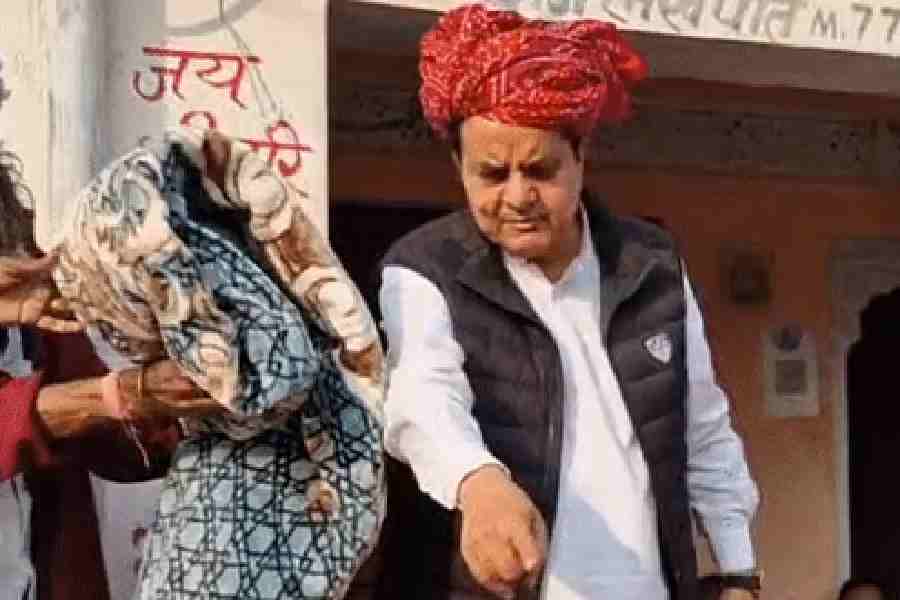 |
| American TV interviewer Daphne Barak with Pervez Musharraf in London |
London, Dec. 2: The former President of Pakistan, Pervez Musharraf, has spoken for the first time about the massacre in Mumbai in an interview in London and implicitly confirmed that the terrorists were from Pakistan.
Blaming the successor government of Asif Ali Zardari for not being tough enough with terrorists inside Pakistan, Musharraf told US television interviewer Daphne Barak: “This kind of violence has never happened during my time; I made my mind early on that I was going with America against terrorism. I have done anything in my power to block terrorists and fundamentalists. There is only one way to deal with terrorists—to fight them.”
Musharraf is on a private visit to the UK and is said to be looking for a house to buy though he intends living in Pakistan.
When Barak referred to be “the mess with India”, he responded: “Well, you know if you don’t fight terror and make sure everybody knows how strong you feel about it you may have problems with other countries like America. And yes — now the situation with India. This is what terror is all about. By now — it has become a very complicated situation.”
Barak posed the question: “You mean that if the current administration would have made it clear how strong they are fighting against terrorism the tension between India and Pakistan wouldn’t have occurred?”
Musharraf, nodding in agreement, replied: “You said it.”
Barak was not so impolite as to remind Musharraf about the small matter of Kargil.
Barak, an American equivalent of Simi Garewal, has a gentle style of interviewing which has allowed her to bag not only Benazir and Zardari but a string of celebrities around the world ranging from Yoko Ono to Muhammed Ali, Omar Sharif, Imran Khan, Mother Teresa, Hillary Rodham Clinton, Muammar Gaddafi, Israel’s Ehud Barak (to whom she is said by some to be related), Robert Mugabe, Mahmoud Abbas, and Mikheil Saakashvili.
She bowls gentle full tosses; her subjects, like Musharraf, pats them back. But she does get insights out of the people she interviews.
It was apparently Musharraf who had asked to see her according to the account given today by Barak.
“President would love to see you,” she says she was told a rainy Sunday afternoon in London. “I went to see Musharraf. Frankly, I was as intrigued to see him as he was intrigued to see me. It is very known that the late Benazir Bhutto was like a big sister to me, and I warned her not to go back to Pakistan. Funny enough—from different reasons—he did the same. We met Sunday afternoon in a private flat in a London location I cannot disclose. The only thing I can say that it was the last location one would have in mind to meet a former President.”
Musharraf was casually dressed, “wearing a burgundy sweater. Musharraf looked so much younger, trimmed, relaxed than I remember”.
Mahendra Singh Dhoni may have much to answer for, since Barak observes, “his hairdo was too long. He came across as almost Bohemian. We kissed each other. Musharraf — polished politician? Or — the westernised leader — asked me about Amy Winehouse.”
Barak put Musharraf in a friendly mood by disclosing she had allegedly received numerous emails from Pakistan expressing a popular wish to see Musharraf back in power.
“Actually — many emails are very flattering to you, even some from PPP members,” said Barak.
Musharraf: “Yeah?”
Barak: “Many emails are relatively flattering to you. I even have emails from PPP members who say that they never thought they will miss you, but they do.”
A laughing Musharraf warms to the subject: “The problem is that the media in Pakistan always shows negative images. I don’t watch TV too often, but whenever I do—they show people beating each other, violence in the streets, what kind of image does it give to Pakistan in the eyes of the world.”
Asked whether he missed “the good old days” when he was in power, Musharraf said: “Not at all! I have found time to spend with my family and friends. But I do care about Pakistan. It is obvious that I keep watching what is going on.”
He said he would to “love to” communicate with Pakistanis, especially young people. “Well, you told me you were going to send me some of the many emails you get from Pakistani people who are going through pains because of the current situation.”
Barak is clearly a courageous interviewer for she joked with Musharraf “that unlike his predecessors, he is the first ruler of Pakistan that has not been executed, put in jail or exiled.
To which the former President again returned to his favourite theme: “I know you are getting a lot of emails from people who would like to have me back. You told me so! With the current situation in Pakistan it is difficult for them to contact me. I care about my country and I hope you can come and visit without streets being closed around you.”
He chided Barak by saying her interviews with Zardari had helped him politically. “You were helping Zardari to win the elections!”
Barak protested: “I thought I was helping democracy in Pakistan. That’s what Asif kept telling me.”
Musharraf smiled. “Well, you are getting lots of feedback from the people of Pakistan. You just told me yourself even members of the PPP (Bhutto’s party) are very disappointed (with Zardari).”
Did Musharraf feel secure in Pakistan?
Musharraf: “I would not leave Pakistan. It is my home. Am I safe there completely? Of course not. If there are risks but it is not new for me to live with risk. The Army is protecting me. But, of course, everything is possible.”
Did he intend to stay in Pakistan?
He replied: “Of course! My son went back to California but I have a daughter who lives in Karachi. She organises musical events. Pakistan is my country. The country is in a very bad shape. I brought foreign investments. I built roads. Nobody invests there anymore.”
He clarified: “I still live in Rawalpindi. In the same house you came to interview me and my wife. We are all there.”
Was that going to be his permanent house?
Musharraf: “No, no only until the construction on my house in Islamabad finishes.”
Musharraf was spending his time in London by reading his autobiography, Line of Fire, an entertaining but fanciful account of his time in power but written before his ouster.
“I just finished reading my own book,” he confided. “I needed to reflect.”
He also confirmed: “Yes, I am thinking to write another book. And — to go on the lecture circuits.”
But he was not ready to start putting pen to paper. “Not yet. I am just looking for the right timing and right representative for me. The whole situation in Pakistan got me and others in a state of shock.”


